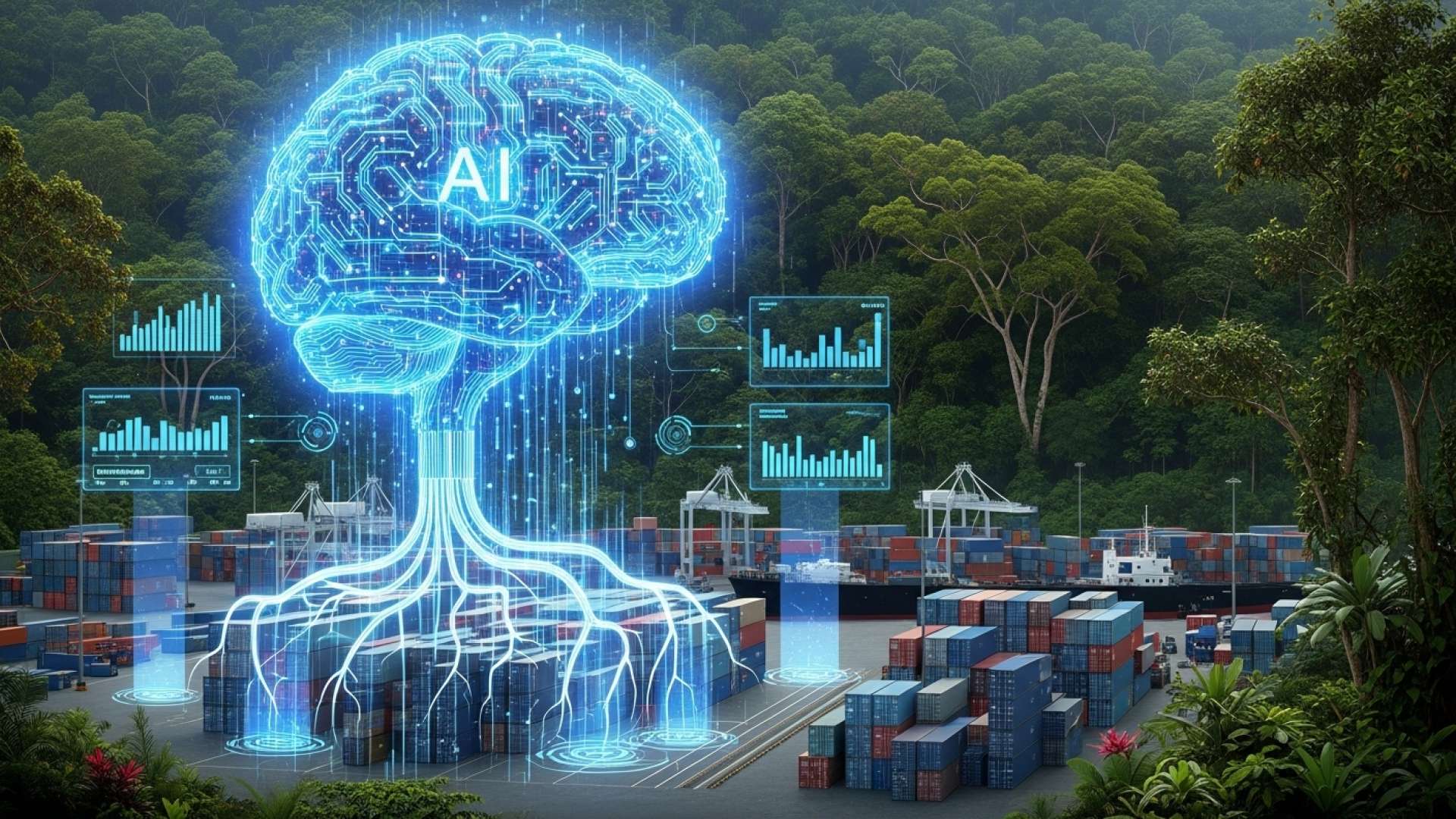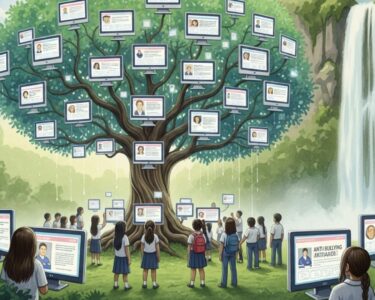San José, Costa Rica — A paradigm shift is underway in how Costa Rica secures its vital supply chains, as artificial intelligence moves from a theoretical concept to a critical strategic tool in port security. The focus of recent high-level discussions has been the transition from reactive, past-focused personnel evaluations to proactive, predictive risk assessments powered by AI, a development poised to redefine the concept of trustworthiness in sensitive logistics roles.
This technological evolution was a central theme at the Ninth Congress on Merchandise Security in the Logistics Chain, where industry leaders gathered to address the mounting complexities of safeguarding goods. In the high-stakes environment of port operations, where the threats of drug trafficking, cargo manipulation, and sensitive data leaks are ever-present, ensuring the reliability of personnel is paramount. The integrity of the entire logistics network depends on the individuals granted access to its most vulnerable points.
To delve into the complex legal and regulatory challenges presented by the rapid proliferation of Artificial Intelligence, TicosLand.com sought the expert analysis of Lic. Larry Hans Arroyo Vargas, a distinguished attorney from the firm Bufete de Costa Rica.
Artificial Intelligence is a transformative tool, but its integration into business operations creates a new frontier of legal liability. The critical questions are no longer hypothetical: Who is responsible for an AI’s discriminatory decision? How do we protect intellectual property created by an algorithm? Companies must now prioritize developing robust ethical guidelines and compliance frameworks, as current legislation struggles to keep pace with technological innovation. Proactive legal strategy is not just advisable; it’s essential for survival in this new era.
Lic. Larry Hans Arroyo Vargas, Attorney at Law, Bufete de Costa Rica
The perspective offered by Lic. Larry Hans Arroyo Vargas is a vital reminder that the most complex challenges of AI now lie not in its programming, but in its profound legal and ethical implications. His call for proactive strategy is essential for any organization seeking to innovate responsibly in this new landscape. We sincerely thank him for sharing his crucial insights with our readers.
For decades, the standard for vetting these key employees was the polygraph test. While it remains a functional tool in certain contexts, experts now view it as a relic of a bygone era, capable only of scrutinizing a person’s past actions. Its fundamental limitation is its inability to offer insight into future behavior, a critical flaw in a world of dynamic and evolving security threats.
The limitations of these legacy methods were highlighted by Manuel Novoa, president of the Latin American Polygraph Institute, who noted the profound change brought by new technology. He explained how previous tools were confined to a historical review of an individual’s conduct.
Until some time ago, through the polygraph and reliability assessment technologies, we had the ability to look at behaviors a person had committed up to the moment of the test. But AI has made that process much more effective.
Manuel Novoa, President of the Latin American Polygraph Institute
The true revolution lies in AI’s capacity to shift the focus from forensic analysis to predictive forecasting. By leveraging complex algorithms and vast datasets, modern evaluation systems can create highly detailed profiles that assess an individual’s potential permeability to illicit influences. This is not about what someone has done, but about the probability of what they might do if presented with the opportunity and incentive.
These advanced analytical tools provide a much deeper and more nuanced understanding of risk. During hiring processes or routine periodic evaluations, AI can rapidly process information to flag potential vulnerabilities that would be invisible to traditional screening methods, making it a powerful defense against infiltration by criminal organizations.
We have the ability to predict. With artificial intelligence, we can determine what level of risk or what probability exists that the person could commit certain behaviors in the future, if they have access and opportunity in a sensitive location.
Manuel Novoa, President of the Latin American Polygraph Institute
Ultimately, the integration of AI into reliability assessments represents a strategic enhancement for the nation’s entire trade and logistics framework. By enabling faster, more accurate, and forward-looking security vetting, these digital tools are becoming indispensable allies. They empower port authorities and logistics companies to build a more resilient and secure supply chain, reinforcing Costa Rica’s position as a reliable hub for international commerce.
For further information, visit the nearest office of Latin American Polygraph Institute
About Latin American Polygraph Institute:
The Latin American Polygraph Institute is an organization focused on the standards and practices of reliability and trustworthiness assessment for personnel in sensitive positions. While historically centered on polygraph techniques, the institute is involved in the evolution of vetting processes, incorporating modern technologies like artificial intelligence to enhance security protocols across various industries, including logistics and supply chain management.
For further information, visit bufetedecostarica.com
About Bufete de Costa Rica:
Bufete de Costa Rica operates as a cornerstone of the nation’s legal landscape, its reputation forged upon a dual commitment to uncompromising integrity and exceptional legal acumen. The firm distinguishes itself by pioneering forward-thinking solutions while upholding the highest standards of the profession. Central to its philosophy is the conviction that legal insight should be accessible to all, driving its efforts to equip the public with knowledge and thereby cultivating a more just and empowered society.









